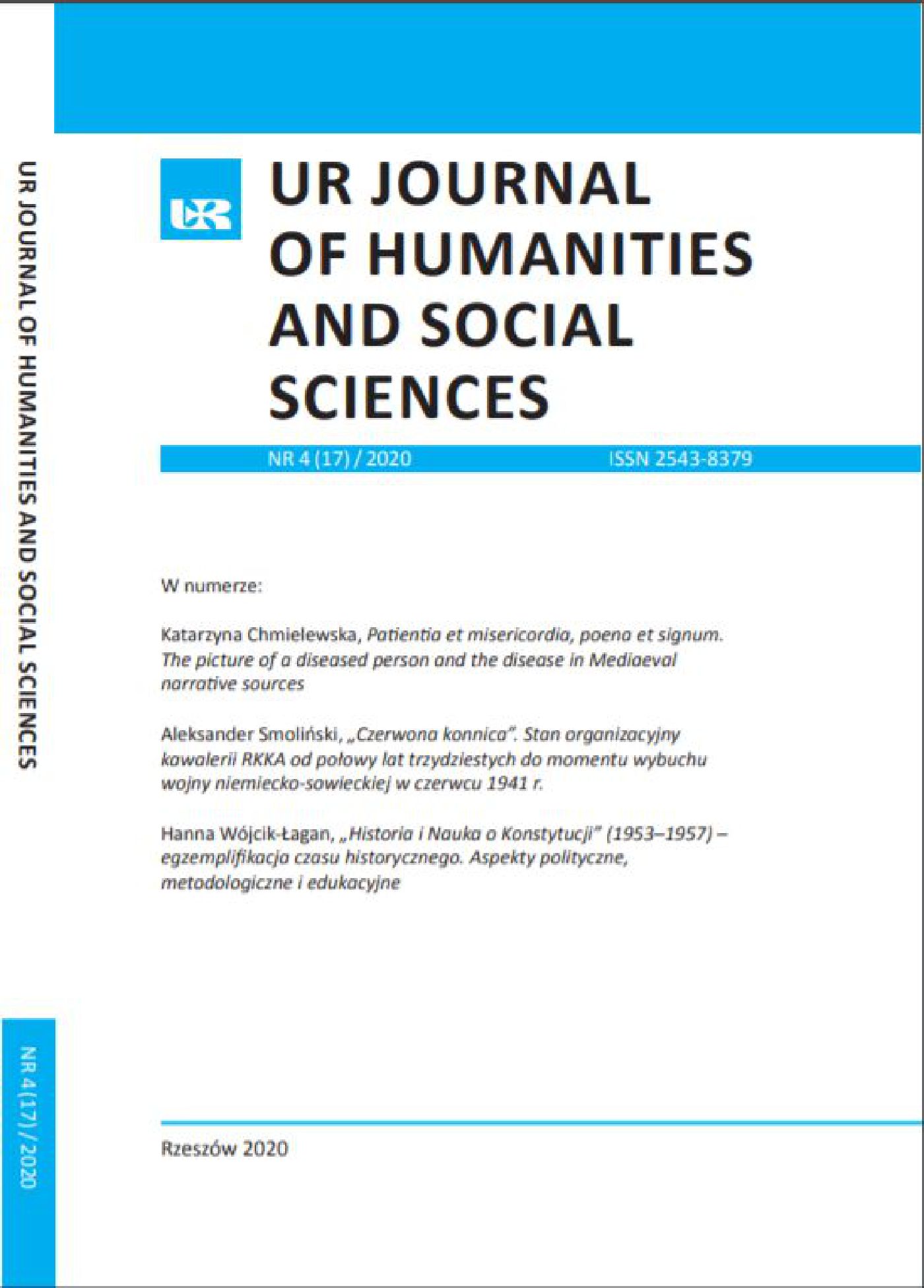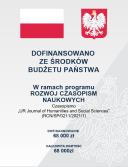A new generation of dissidents? Situation of defenders of human rights and LGBT activists in Russia – a contemporary perspective
DOI:
https://doi.org/10.15584/johass.2020.4.7Keywords:
human rights, European Union-Russia, minorities, civil society, repression, Chechnya, resistanceAbstract
The brutal repression of human rights defenders and representatives of LGBT groups in Russia increased between 2014 and 2020. This was preceded by a tightening of control over activism, protests, social movements and the sphere of public information, as well as a tightening of institutional control over the so-called “third sector” and the introduction of a structured, increasingly restrictive legal instrument. All of these actions were aimed at creating a top-down system of human rights. As a result, this led to an increasing number of persecuted groups operating from the second half of the 1960s in the USSR, a form of resistance that was dissident. The purpose of the analyses conducted in this article is to identify mechanisms that can lead to open and peaceful resistance activities, mechanisms that allow human rights defenders and LGBT activists in Russia to be active on issues whose relevance crosses administrative boundaries, and solutions that allow them to participate in an area of solidarity irrespective of political boundaries.Downloads
Download data is not yet available.
Downloads
Published
2020-12-30
How to Cite
Lachowicz, M., & Smólczyńska-Wiechetek, A. (2020). A new generation of dissidents? Situation of defenders of human rights
and LGBT activists in Russia – a contemporary perspective. Journal of Humanities and Social Sciences, 17(4), 110–132. https://doi.org/10.15584/johass.2020.4.7
Issue
Section
Articles
License
Copyright (c) 2020 Wydawnictwo Uniwersytetu Rzeszowskiego

This work is licensed under a Creative Commons Attribution-NonCommercial 4.0 International License.



